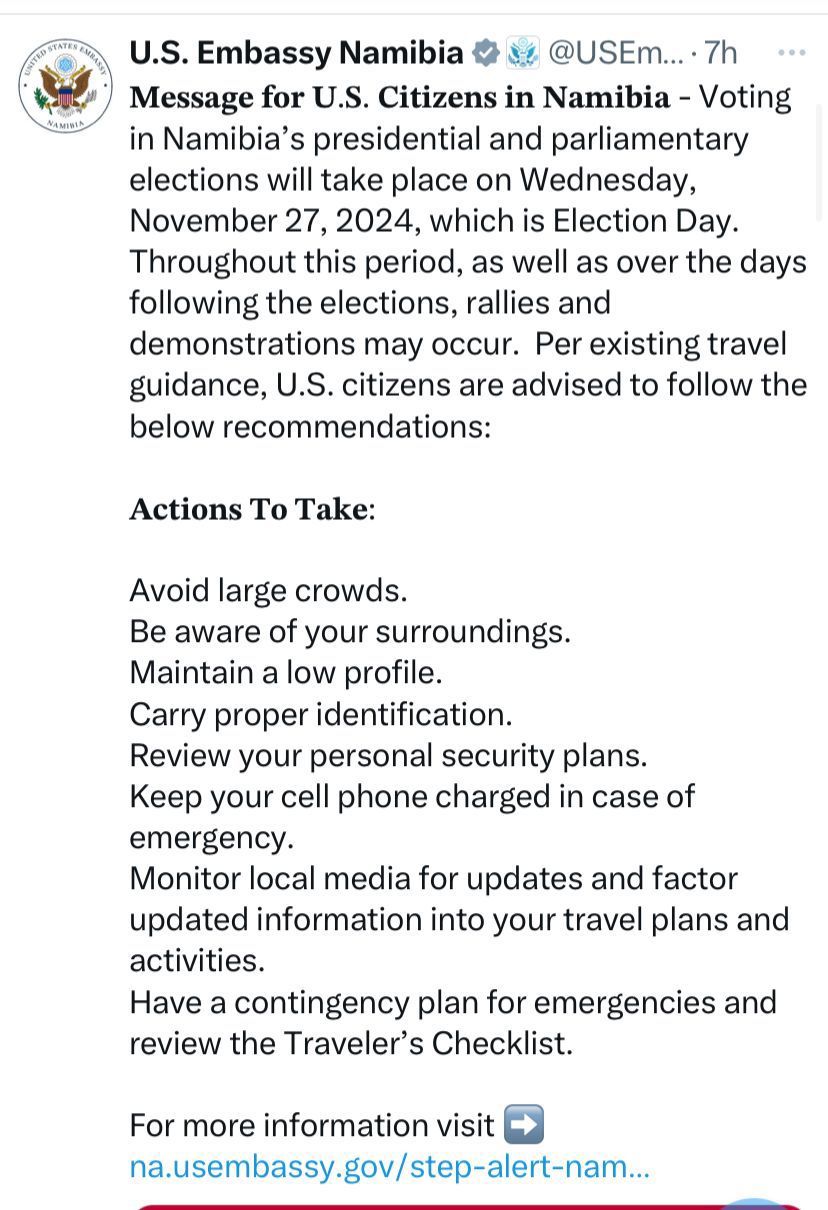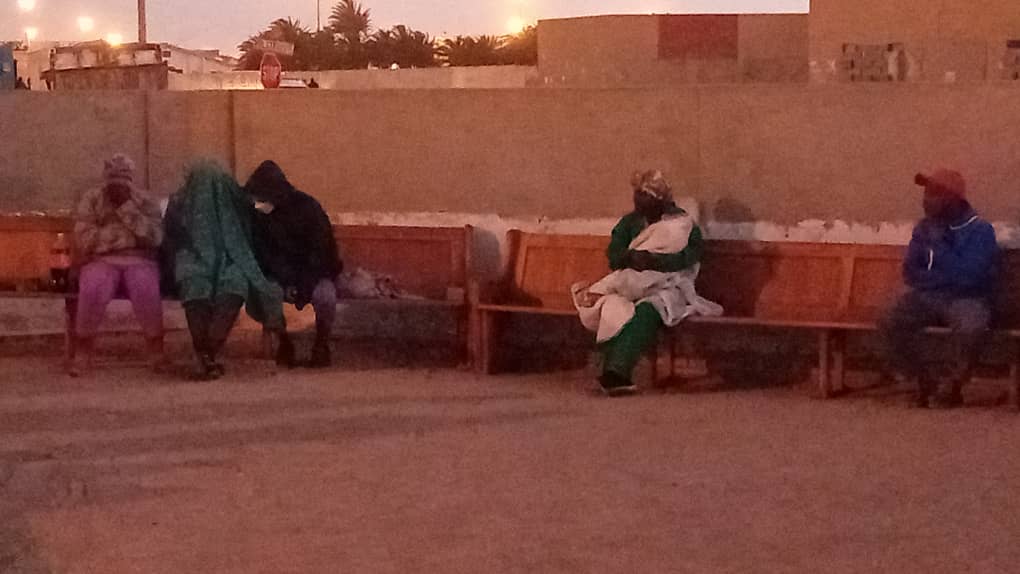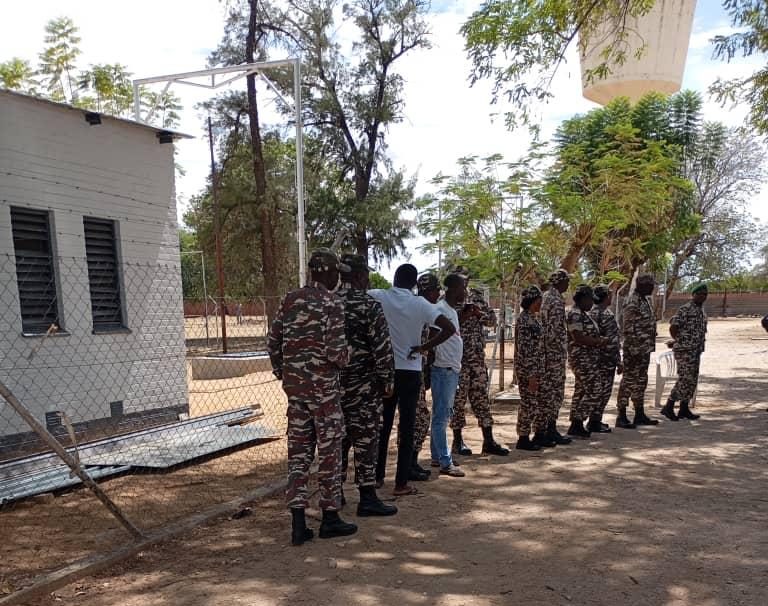The Ministry of Health and Social Services has spent N$462,1 million more than what was allotted for the 2021/2022 fiscal year, after receiving an allocation of N$8 billion.
This is according to a health ministry audit report tabled by auditor general Junias Kandjeke in the National Assembly this week.
“This amount is unauthorised in terms of section 6(a)(i) of the State Finance Act of 1991,” Kandjeke said.
He said although treasury approval was obtained to utilise certain expected savings for the defrayal of exp
enditure through virements during the year under review, 17 subdivisions were exceeded with a total amount of N$608,3 million.
“It is recommended that the accounting officer (Ben Nangombe) put measures in place to avoid overspending and ensure that planned activities are implemented within the approved budget,” Kandjeke said.
If specific activities are expected to exceed the budget, funds should be viremented (transferred) from activities where savings are expected, he said.
Contacted for comment, health minister Kalumbi Shangula said he hasn’t gone through the report, but the executive director would be in a better position to comment as an accounting officer.
Nangombe told Kandjeke the ministry has taken note of his recommendations and will ensure the process is strengthened.
Kandjeke said during the year under review, the ministry made 51 duplicate payments to suppliers amounting to N$768 130.
“With regards to duplicate payments, management explained that the Integrated Financial Management System (IMFS) has multiple supplier codes for a single supplier, which increases the risk of duplicate payments.”
The duplicate payments were, however, credited against balances of subsequent months, Kandjeke said.
Nangombe told Kandjeke the ministry embarked on a continuous process of recovering payments.
Kandjeke also found that the bills payable on the suspense account for the ministry has a debit balance of N$3,2 million instead of a credit balance.
“It is recommended that the accounting officer ensure that the balance is reconciled,” Kandjeke said.
Nangombe said the ministry is currently busy with reconciliation and verifications.
In addition, the audit found that 51 transactions amounting to N$7,6 million were initiated and approved by the same staff member, which Kandjeke said defeats the purpose of the segregation of duties.
Controls should be strengthened to ensure the segregation of duties in terms of payments. The same applies to the allocation of users rights, to avoid intimidation and approval of transactions by the same staff member. The ministry is seeking assistance from the finance ministry to segregate users’ functions, he said.
BURSARY/STUDY ASSISTANCES
Nangombe said the ministry had issued bursaries and study assistance amounting to N$86,2 million.
Outstanding debts owed to the government as of 31 March 2022 amount to N$2,8 million for the year under review, while the ministry also reported two cases of damage to government property due to burglaries amounting to N$20 798, adding 86 cases of damages amounting to N$904 762.
MINISTRY CAPITAL PROJECT
The audit found that total expenditure for 10 capital projects at 31 March 2022 exceeded the approved total budget. These were for the upgrading and renovation of the Katutura Intermediate, Windhoek Central, Oshakati Intermediate, Onandjokwe, Keetmanshoop, Rundu and Okahandja hospitals, as well as the construction and upgrading of primary healthcare clinics nationwide, the upgrading of Katima Mulilo hospital and the maintenance and repairs of health infrastructure.
All projects are expected to be completed by 31 March 2025.
According to the report, the approved budget for the renovation and upgrading of Katutura hospital was N$190 million, however, the ministry had a total expenditure of N$281,1 million.
For Windhoek Central hospital, the total budget was N$177 million, however, the ministry spent N$228,9 million.
The upgrading of primary healthcare clinics nationwide had a budget of N$740 million, however, the total expenditure was N$1 billion.
“It is recommended that the accounting officer ensure the total approved budget per project is not exceeded without approval from the finance ministry.”
However, Nangombe in the report said the ministry submits new budget requests annually for capital projects by means of the Project Identification Forms (PIFs) to the National Planning Commission.
“The PIFs are updated yearly to provide the current status of projects, the revised project budget and the scope of the work to be done. The approval of the development budget, as per the ceilings, is then implemented,” Nangombe said.
Stay informed with The Namibian – your source for credible journalism. Get in-depth reporting and opinions for
only N$85 a month. Invest in journalism, invest in democracy –
Subscribe Now!






